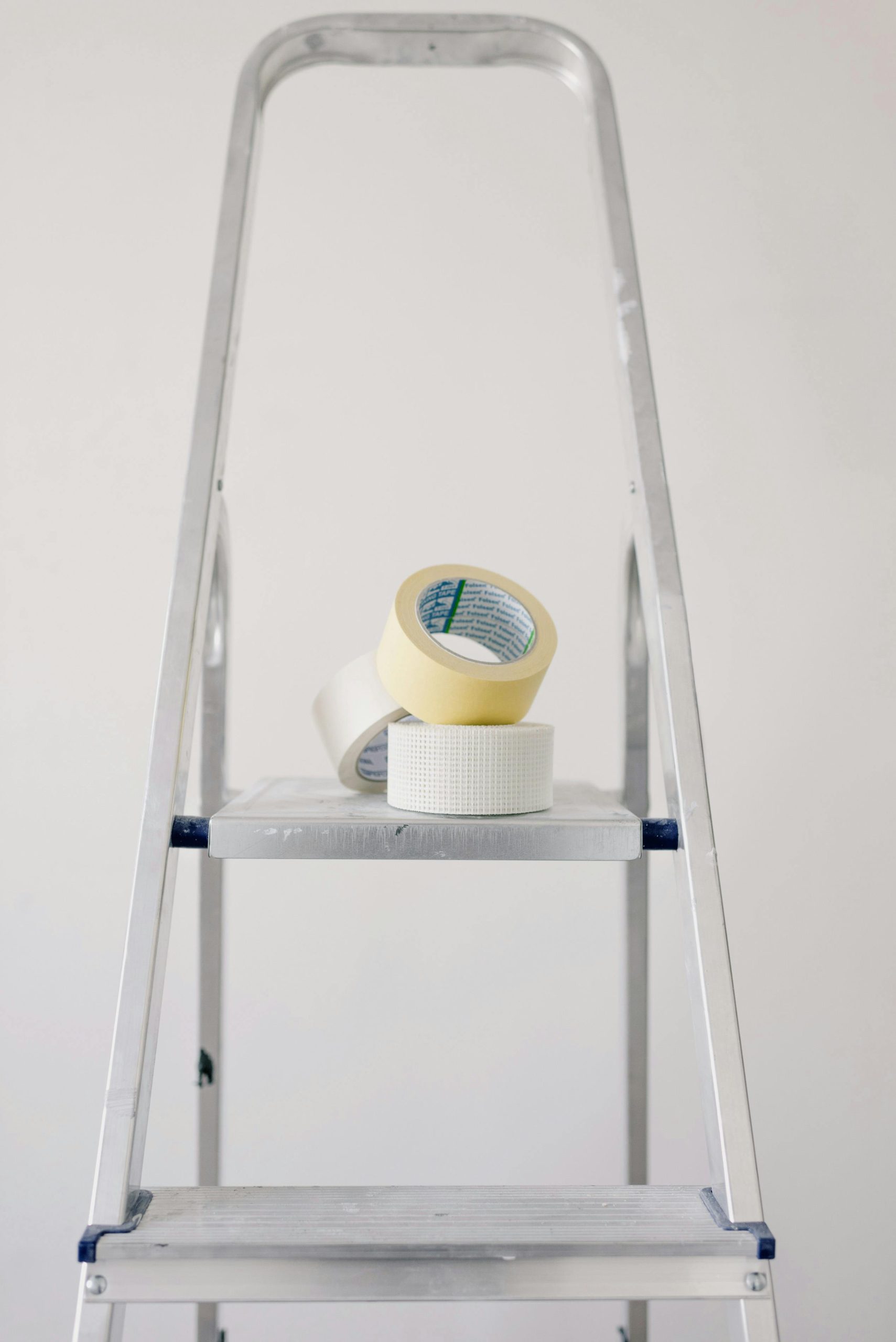Do I need an EORI code as an individual just getting started?
I’m considering launching an online shop as a hobby to test the waters for starting a business. I’ve already secured a domain and website, and I’m looking into ordering stock from places like Alibaba.
I came across information about needing an EORI code to import goods into the UK. From what I gather, it seems like I may need to register as a sole trader to obtain this code. I was planning to wait until I hit the £1,000 income threshold before registering, but now I’m uncertain since it seems I would also need a UTR to apply for an EORI, which I don’t have right now.
Have I got that right? Is registering as a sole trader the only way to get an EORI, or is there an option like DDP delivery that doesn’t require one? For those who have navigated this process, how did you manage it?
Since I’m just starting out, I’d really appreciate any recommended resources, tips, or essential things I should know before taking the plunge. Thank you!










2 Comments
It sounds like you’re excited to start your online shop, and it’s great that you’re doing your research! You’ve understood quite a bit about the EORI (Economic Operator Registration and Identification) code, but let me clarify a few points.
EORI Code Requirement: Yes, if you’re planning to import goods into the UK, you will generally need an EORI number. This applies to individuals as well as businesses. It’s used for customs declarations and is necessary for clearing goods through customs.
Sole Trader Registration: To get an EORI number, you usually need to be registered for VAT or have a Unique Taxpayer Reference (UTR), which you get when you register as a sole trader or business. While it’s true that you might not need to register as a sole trader until your income reaches £1,000, having that registration can be beneficial if you’re planning to import goods.
DDP Delivery Option: If you’re considering using DDP (Delivered Duty Paid) shipping, the supplier (like Alibaba sellers) typically takes care of the customs and duties. However, they might still require you to have an EORI number or other documentation. It’s best to check with your supplier to understand their requirements.
Steps Moving Forward:
Research Import Regulations: Familiarize yourself with customs regulations and any potential duties on the goods you plan to import.
Resources and Tips:
Starting a business can seem overwhelming, but taking it step by step will help. Good luck with your online shop!
Great question! When starting out with an online business, it’s easy to get caught up in the logistics, but understanding the EORI requirement is crucial. Generally, an EORI (Economic Operator Registration and Identification) number is necessary if you plan to import or export goods into or out of the UK, regardless of your income level. This means that even as a hobbyist or before reaching the £1,000 threshold, if you’re importing stock from places like Alibaba, you’ll likely need to register for an EORI.
Registering as a sole trader is one effective way to obtain this number, and you’ll also need a UTR (Unique Taxpayer Reference), which you’ll get upon registering as self-employed. However, some freight or customs declarations might allow options like DDP (Delivered Duty Paid), where the supplier handles customs clearance, potentially bypassing the immediate need for an EORI. Still, if you’re importing directly, the EORI is usually required.
My advice would be to consider registering as a sole trader early on—this sets a solid foundation. It’s a straightforward process that also ensures you’re complying with customs regulations from the outset, potentially saving you from delays or issues later. For resources, HMRC’s website provides clear guidance on EORI registration for individuals, and there are many online guides tailored for small importers.
Getting familiar with the customs process now will give you a smoother experience as you scale. Best of luck with your online shop—exciting times